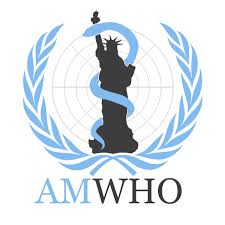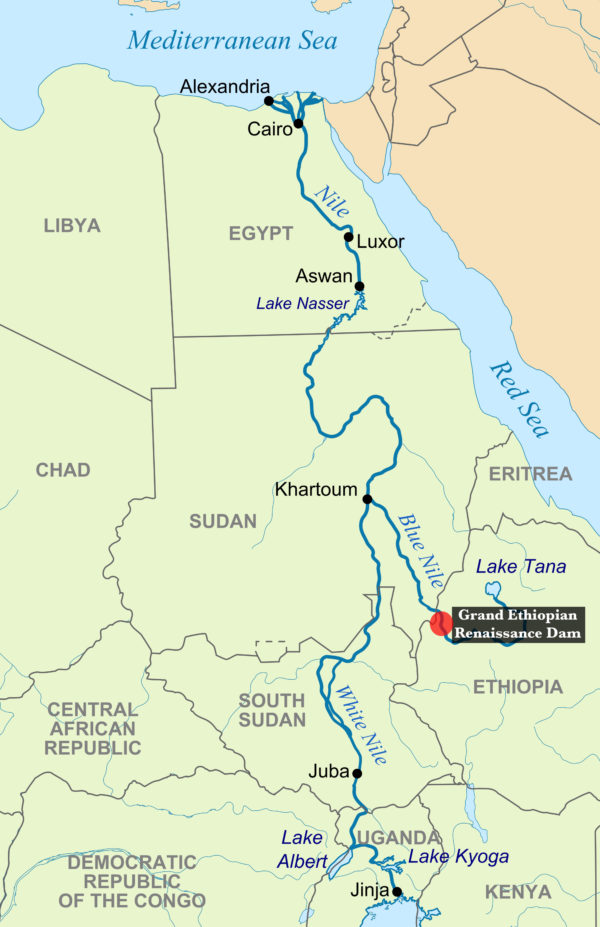The simple, dumbed-down reason behind how some big pharma companies justify their high and rising drug prices is that they are responding to high demand. By funding countries in AMRO to establish locally run pharmacies selling Pfizer products and to subsidize drugs patients at those pharmacies pay for, Pfizer is doing just that: hiking up demand. The cool million they hand out is nothing but a PR front they can use as a shield when they inevitably hike up prices for drugs that become in high demand. Also, in order for the countries at this conference to receive the funding, they had to agree to place Pfizer logos on everything, from the medication to the pharmacy building itself. Selling the souls of their people much?? The ulterior motive here is not to get patients access to healthcare, but rather to expand on their money making schemes. Funding more pharmacies that sell their drugs only adds to their profit. Just look at what happened to the price of Daraprim (that one drug that increased in price by 5000%?) thanks to donations from Turing Pharmaceuticals.
In AFRO, it seems that delegates are concerned over “fake” drugs that have overtaken populations. Their solution is to tighten regulations on non-effective drugs, as of course they’d like their people to actually be cured of their ailments, but they refuse to address the root of the problem: that people are turning to these sketchy drug dealers instead of international establishments because THEY’RE REALLY FRIGGIN EXPEN$IVE. This is the root of the problem, and it can only be solved by holding pharmaceutical companies responsible through policy, not through lil cute PR-scam checks.
Hold your government responsible guys. Big Pharma knows no shame. Speak up to protect yourself, your family, and Cardi B’s future child. Especially Cardi B’s future child.


